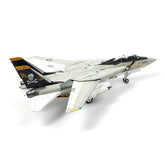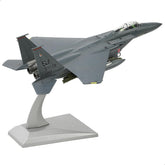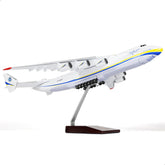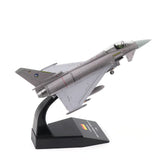The Falcon Rocket Series: Revolutionizing Space Exploration
The Falcon rocket series by SpaceX, with its groundbreaking reusability technology, has fundamentally transformed the space industry. Developed by the American private aerospace manufacturer SpaceX, founded by Elon Musk, the series is named after the Millennium Falcon from Star Wars. Its primary objective is to drastically reduce the cost of space launch, thereby making ambitious visions like the colonization of Mars a feasible reality.
Falcon 9
The Falcon 9 is the cornerstone of the series and the world's first orbital-class rocket to successfully land and reuse its first-stage booster. It features a two-stage design: the first stage is powered by nine Merlin engines, and the second stage uses a vacuum-optimized version of a single Merlin engine. The most notable feature of the Falcon 9 is its ability to perform a precise vertical landing of its first-stage booster, either on a land-based landing zone or on an autonomous drone ship at sea. This innovative recovery technology allows the booster to be refurbished and flown again, cutting launch costs from hundreds of millions of dollars down to tens of millions. This not only boosts launch efficiency but also paves the way for the commercialization of space missions. The Falcon 9 has become the workhorse for SpaceX, launching satellites, performing resupply missions to the International Space Station, and even crewed missions with the Crew Dragon spacecraft.
Falcon Heavy
The Falcon Heavy is a powerful evolution of the Falcon 9, essentially consisting of three Falcon 9 first-stage boosters strapped together. This configuration makes it one of the most powerful operational rockets in the world. Powered by a total of 27 Merlin engines, it is capable of lifting super-heavy payloads into orbit. Its immense thrust allows it to send larger payloads to geostationary orbit and even undertake deep space missions. Like the Falcon 9, the Falcon Heavy also has reusability capabilities, with all three of its first-stage boosters able to land synchronously or asynchronously. Its successful inaugural launch, which sent a Tesla Roadster into solar orbit, became a global sensation, showcasing its unparalleled lifting capacity to the world.
The Impact of the Falcon Series
The success of the Falcon rocket series is not just about a technological breakthrough; it's about the profound impact it has had on the entire aerospace industry. It has broken the monopoly of government-led space programs and ushered in a new era of commercial spaceflight. By significantly lowering launch costs, the Falcon series has made space exploration and utilization more accessible to more nations, companies, and research institutions. It has accelerated the development of projects like satellite internet (e.g., Starlink), space tourism, and missions to the Moon and Mars. The story of the Falcon series is one of innovation, risk-taking, and relentless pursuit, proving to us that humanity's dream of exploring the cosmos is becoming increasingly within reach.












